I create some QCheckBoxes from a dict using the dict keys as checkbox text.
Then I connect the signal to the update function using a lambda expression.
What I want to pass to this update function is the text of the checkbox so each lambda has its specific argument.
Nevertheless I always get the text of the last added widget, no matter which checkbox I click.
Do I miss something crucial about the concept of signal passing using lambda?
import sys
from PyQt5.QtWidgets import QDialog, QCheckBox, QVBoxLayout, QApplication, QSlider, QLabel
class Window(QDialog):
def __init__(self, parent=None):
super(Window, self).__init__(parent)
layout = QVBoxLayout()
cb_dict = {"cb1": False, "cb2": True, "cb3": False}
cb_widget_list = list()
for checkbox in cb_dict:
widget = QCheckBox(checkbox)
widget.stateChanged.connect(lambda: self.update(checkbox))
cb_widget_list.append(widget)
for widget in cb_widget_list:
layout.addWidget(widget)
self.setLayout(layout)
def update(self, origin: str):
print("Checkbox {} has changed".format(origin))
if __name__ == '__main__':
app = QApplication(sys.argv)
main = Window()
main.show()
sys.exit(app.exec_())
So the output is always Checkbox cb3 has changed.
